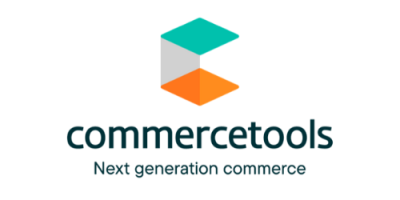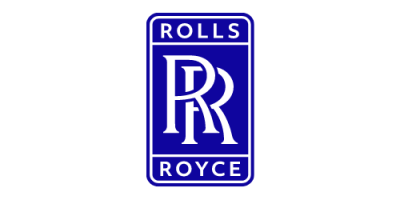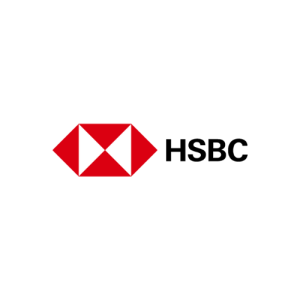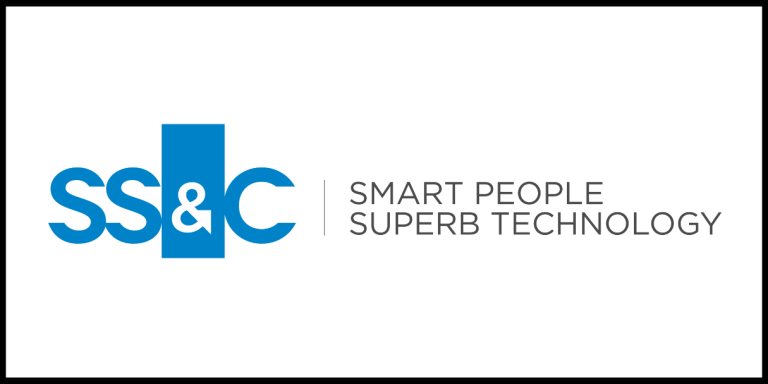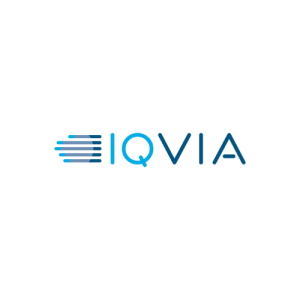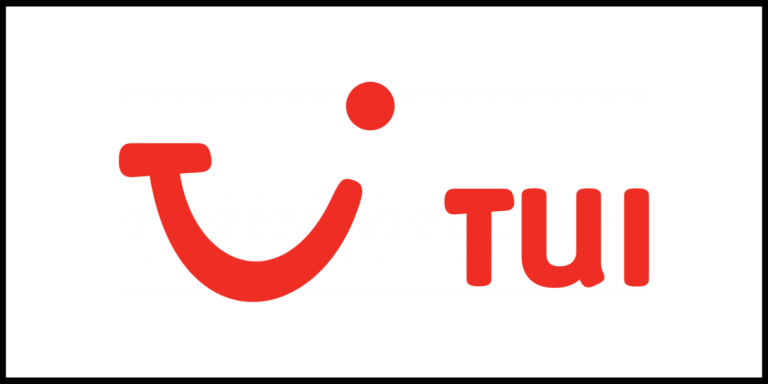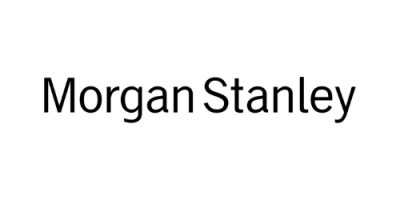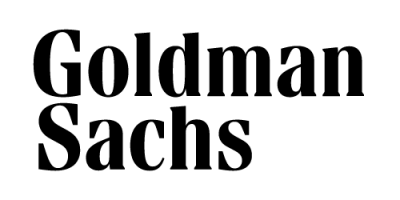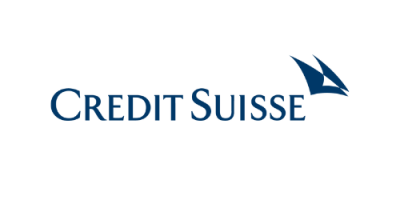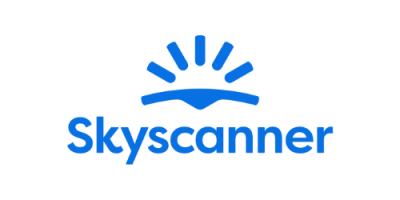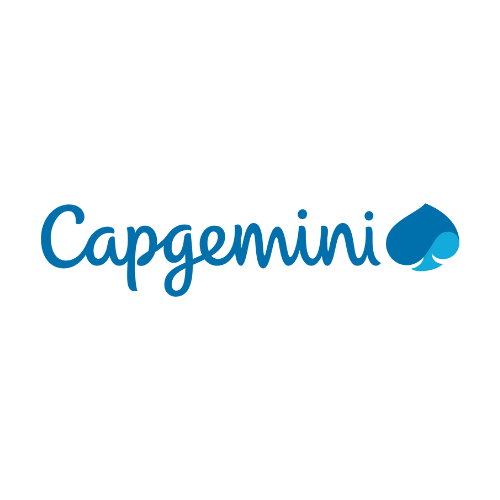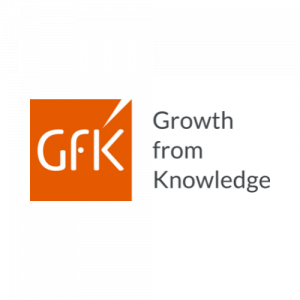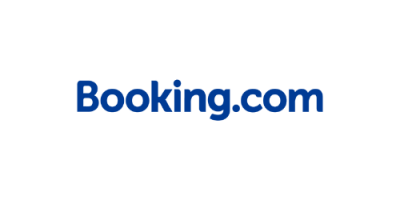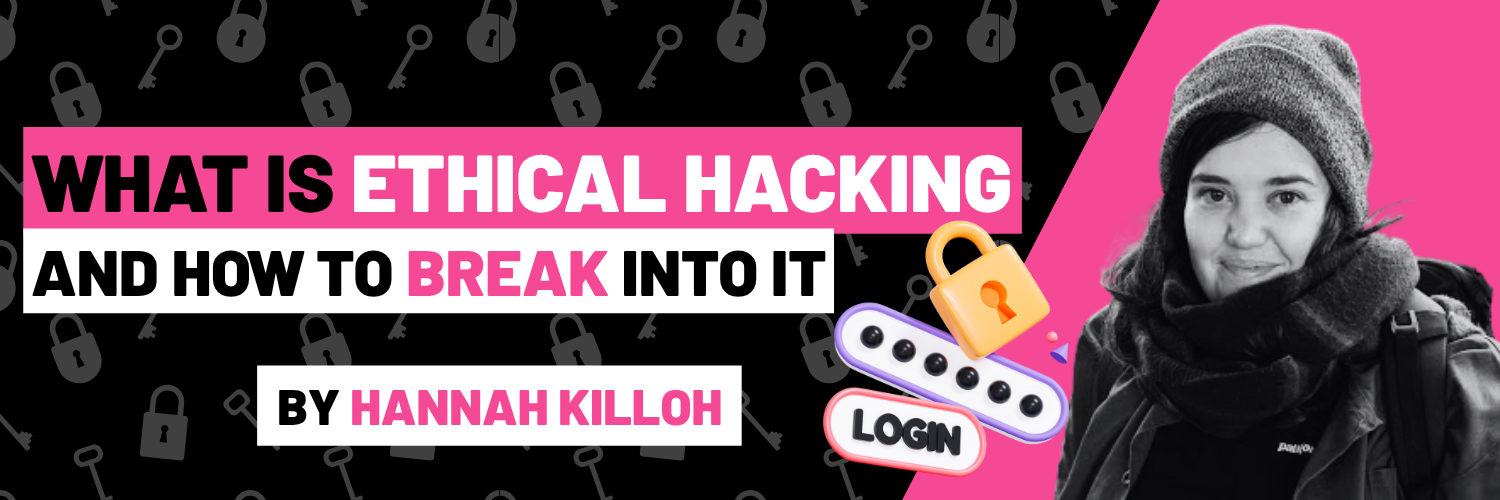
Content Menu
Ethical Hacking: A Beginner's Guide
Hi, I’m Hannah! In autumn 2023, I completed the Code First Girls Degree in Software Engineering and secured my first job in tech. Since becoming a real-life Software Developer, my interests quickly expanded to include electronics, Raspberry Pis, Arduinos, networking and ethical hacking.
I’m just starting my journey in ethical hacking, and like many, I found it intimidating at first. But I’m here to break down the barriers, demystify ethical hacking, and inspire everyone, no matter your experience, to explore this exciting field with confidence.
What Is Ethical Hacking?
In summary, ethical hacking involves the authorised practice of bypassing system security to identify potential data breaches and threats in a network. The primary goal of this is to uncover vulnerabilities from a malicious hacker’s viewpoint and therefore put ourselves at an advantage and better secure our systems
It’s crucial to emphasise that ethical hacking is always performed with permission, with the ultimate aim of increasing security.
Why Is Ethical Hacking Important?
In today’s digital age, organisations face relentless threats from cyber-criminals. It’s rare to go a month without hearing about a well-known company or global organisation falling victim to a cyberattack, or narrowly escaping one!
The Role of an Ethical Hacker
Ethical hackers are cybersecurity professionals who conduct penetration tests to evaluate system security. With the rise of AI and new technologies being deployed by cybercriminals, it’s crucial to stay updated on the latest security threats and defences.
The role of an ethical hacker is to collaborate with organisations to identify potential weaknesses and implement new or advanced security methods. A typical role for an ethical hacker will include:
- Identifying Vulnerabilities: They proactively find and fix security weaknesses before malicious hackers can exploit them
- Protecting Data: By securing systems, they help protect sensitive information from unauthorised access
- Ensuring Compliance: Many industries have regulations requiring regular security assessments, which ethical hackers provide
Common Ethical Hacking Methods
To carry out their role successfully, ethical hackers employ various techniques and tools to assess system security. Some of the most popular methods include:
- Phishing: Simulating deceptive emails to test user awareness
- Sniffing: Monitoring network traffic to detect unsecured data transmissions
- Social Engineering: Manipulating individuals into divulging confidential information
- SQL Injection: Testing web applications for vulnerabilities in database interactions
- Enumeration: Gathering information about system resources and potential entry points
How to Get Started with Ethical Hacking
Ethical hackers are in high demand, especially across industries such as finance, healthcare and government. Not only can it be a challenging but rewarding career, it’s a lucrative one! Embarking on an ethical hacking journey can be daunting, but with the right approach, it’s achievable.
Here are a few steps you can take to begin your journey into ethical hacking:
- Learn the Basics: Understand computer networks, operating systems, and basic cybersecurity principles.
- Choose a Learning Path: Platforms like TryHackMe and Hack The Box offer hands-on labs.
- Practice Regularly: Engage in Capture The Flag (CTF) challenges to apply your skills.
- Join Communities: Participate in forums and groups to learn from others and stay motivated.
"Starting in ethical hacking felt overwhelming, however, I found lots of free resources, such as YouTube, which offered great tutorials helping to demystify many concepts and give practical insights."
Top 3 Tips for Getting Started in Ethical Hacking
Ready to start mastering ethical hacking? Let’s break down the top 3 things I wish I knew when I was just starting out, so you can step into the world of ethical hacking with a head start and a clear path toward becoming a pro.
1. Get to know the Command Line
When it comes to ethical hacking, the command line (also known as CLI) is something you’ll hear a lot. In short, it’s a text-based interface that lets hackers interact directly with the operating system and tools, providing greater speed, control, and precision than most graphical interfaces.
The command line used to be something I avoided, but now it’s a fun, comfy space and has opened many doors and realms of understanding ethical hacking.
So, my first piece of advice would be to get to know your command line, you’ll become the best of friends!
2. What is Linux?
A Linux operating system is a robust, open-source platform that powers everything from computers and servers to smartphones. Known for its speed, security, and versatility, Linux is a foundational tool in ethical hacking, cybersecurity, and software development.
Using a Linux operating system while starting out with learning ethical hacking isn’t essential; however there are many benefits to using one that make the process easier.
Platforms such as Kali Linux come with loads of pre-installed hacking software tools, which can give you a boost while getting to grips with ethical hacking.
3. You can create your own DIY ethical hacking device!
After finishing the CFGdegree, I treated myself to an ethical hacking tool known as a Flipper Zero, and while it’s a great investment, they can be quite expensive. What I later discovered is that you can build your own! Thanks to YouTuber Talking Sasquach, I was able to develop my own knowledge on how to build and use ethical hacking tools.
Not only is it far cheaper, but it also meant I got to learn more about networking and hacking during the process.
The Future of Ethical Hacking
As technology advances, the demand for ethical hackers continues to grow. With the rise of artificial intelligence and the Internet of Things (IoT), new vulnerabilities emerge, necessitating skilled professionals to safeguard digital assets.
Ethical hacking will continue to be a mission-critical role in the cybersecurity space, offering exciting challenges, constant learning, and high demand across nearly every industry.
Conclusion
Ethical hacking is a rewarding field that combines technical skills with a mission to protect and secure digital environments. If you’re intrigued by the idea of understanding how systems work and how to safeguard them, ethical hacking might be your calling.
Ready to embark on your ethical hacking journey? Start building your tech knowledge with a Coding Kickstarter course or read more about how to start a career in cybersecurity.


